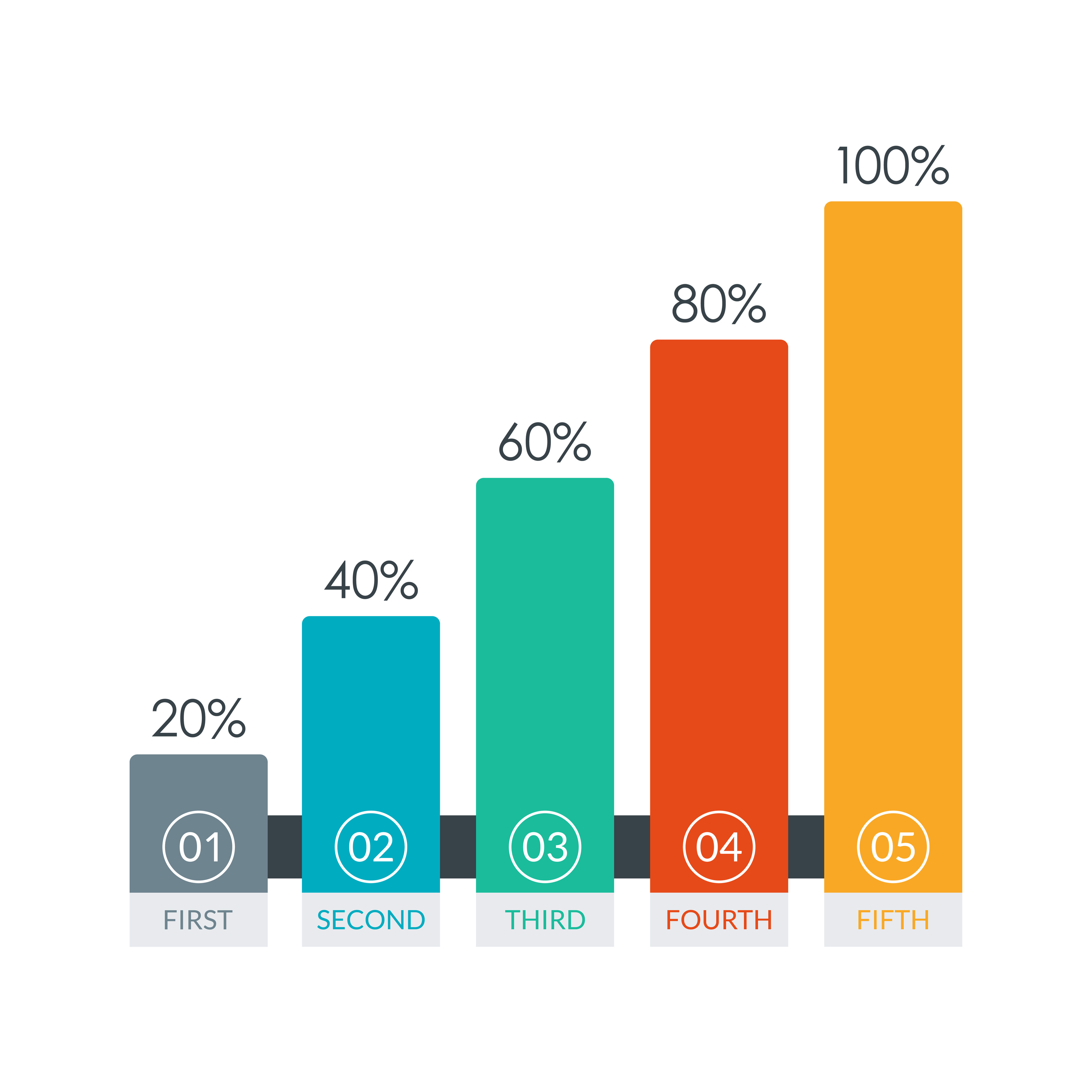-
ABOUT THE AUTHOR
Andrew Watson
Andrew began his classroom life as a high-school English teacher in 1988, and has been working in or near schools ever since. In 2008, Andrew began exploring the practical application of psychology and neuroscience in his classroom. In 2011, he earned his M. Ed. from the “Mind, Brain, Education” program at Harvard University. As President of “Translate the Brain,” Andrew now works with teachers, students, administrators, and parents to make learning easier and teaching more effective. He has presented at schools and workshops across the country; he also serves as an adviser to several organizations, including “The People’s Science.” Andrew is the author of "Learning Begins: The Science of Working Memory and Attention for the Classroom Teacher."
Tags
ADHD adolescence attention autism book review boundary conditions classroom advice conference speakers constructivism/direct instruction creativity desirable difficulty development dual coding elementary school embodied cognition emotion evolution exercise experts and novices gender high school homework intelligence long-term memory math methodology middle school mind-wandering mindfulness Mindset motivation neuromyths neuroscience online learning parents psychology reading retrieval practice self-control skepticism sleep STEM stress technology working memoryRecent Comments
- Roberta on Seriously: What Motivates Teachers to Be Funny?
- Revisiting the "Handwriting vs. Laptops" Debate: More Moving Goalposts |Education & Teacher Conferences on Handwritten Notes or Laptop Notes: A Skeptic Converted?
- The Power Of A Growth Mindset: How Students Can Overcome Challenges - Sunshine Blessings on The Rise and Fall and Rise of Growth Mindset
- Goals, Failure, and Emotions: a Conceptual Framework |Education & Teacher Conferences on “Learning from Mistakes” vs. “Learning from Explanations”
- From Destruction to Rebuilding: Hope in Science’s Down Cycle on When Analogies Go Wrong: The Benefits of Stress?
ABOUT THE BLOG

A Smartphone Has, and Is, a Mirror Function
A recently published study looks at the role that ADULTS play in their children’s phone…

Again with the Questions (Second of a Series)
Three weeks ago, I started a short series of blog posts about asking questions. After…

The Great Exam Debate: A Conversation with a Colleague
A colleague recently reached out to ask me about research into the benefits and perils…

Do Gestures Improve Learning? Baby Steps Toward a Conclusion
The idea that “gestures improve learning” has be increasingly popular in recent years. I first…
Questions, Questions (First of a Series)
Because teachers spend so much time asking questions, we’d be grateful if we had research…

Experts, Expertise, and Teachers (and Students!)
Researchers often focus on experts and expertise. And bloggers like me often follow their leads….

Do Fidget Spinners Help Children with ADHD?
Good news: cognitive science research can be SPECTACULARLY useful in guiding and informing teachers. Less…

Attention Contagion in the “Real World”: Plato was Right!
I’m always grateful to have research guidance for my classroom work, but I have to…

Retrieval Practice “In the Wild”: Lots of Good News
Last year at this time, I summarized an ENORMOUS meta-analysis about retrieval practice. The reassuring…

Graphic Disorganizers; or, When Should Teachers Decorate Handouts?
Recent research has raised questions about classroom decoration. In this post, our blogger wonders about…

